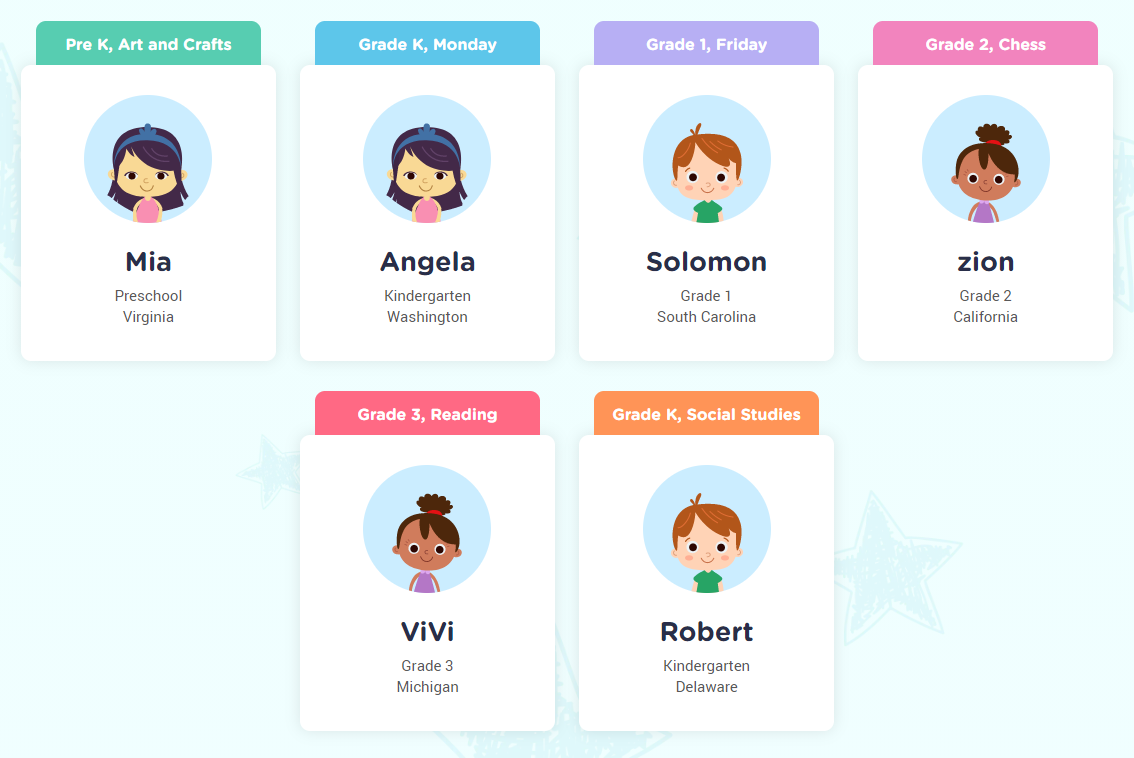Understanding subtraction Math Worksheets for Ages 4-6
10 filtered results
-
From - To
Discover our engaging "Understanding Subtraction Math Worksheets for Ages 4-6" designed to make subtraction fun and comprehensible for young learners. These vibrant, age-appropriate worksheets use visual aids, hands-on activities, and simple problems to help children grasp the concept of taking away. Through interactive exercises, kids build foundational math skills, boost their confidence, and learn step-by-step strategies for solving subtraction problems. Perfect for both classroom and at-home practice, our worksheets aim to turn early subtraction hurdles into success stories, ensuring a solid mathematical foundation. Unleash your child's potential with our expertly crafted resources today!
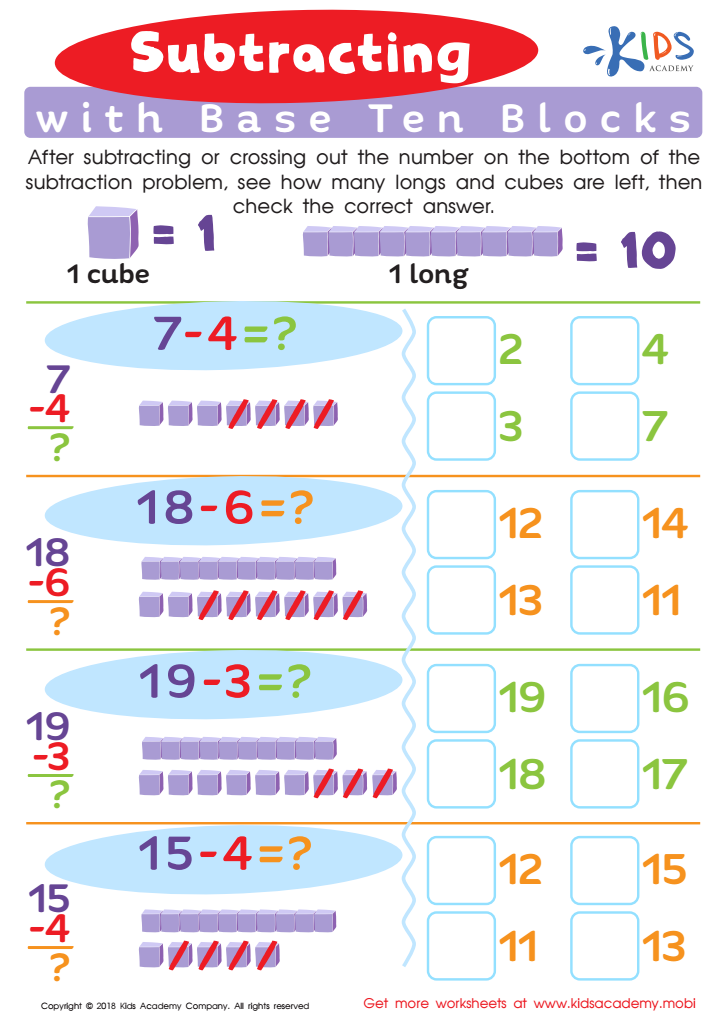

Subtracting With Base 10 Blocks Worksheet
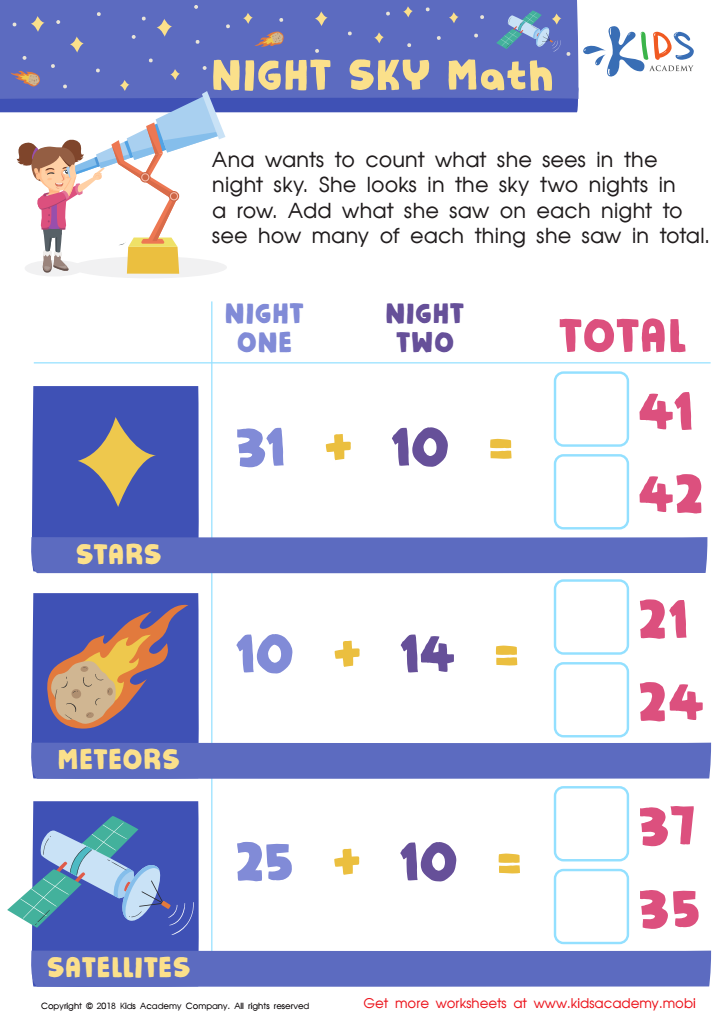

Night Sky Math Worksheet
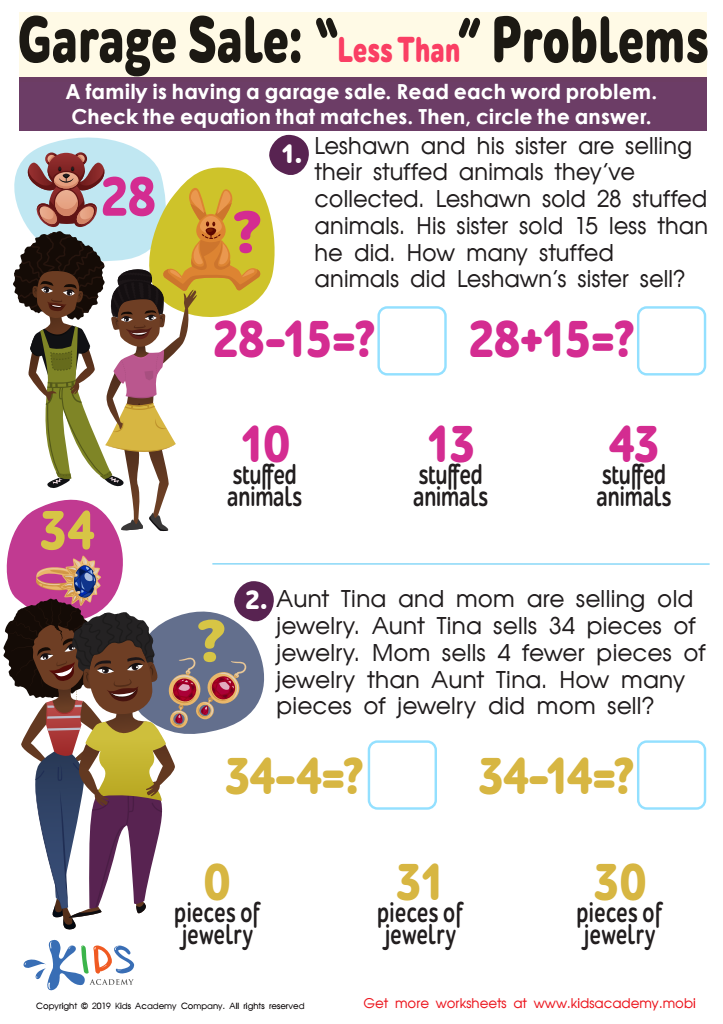

Garage Sale Less Than Worksheet
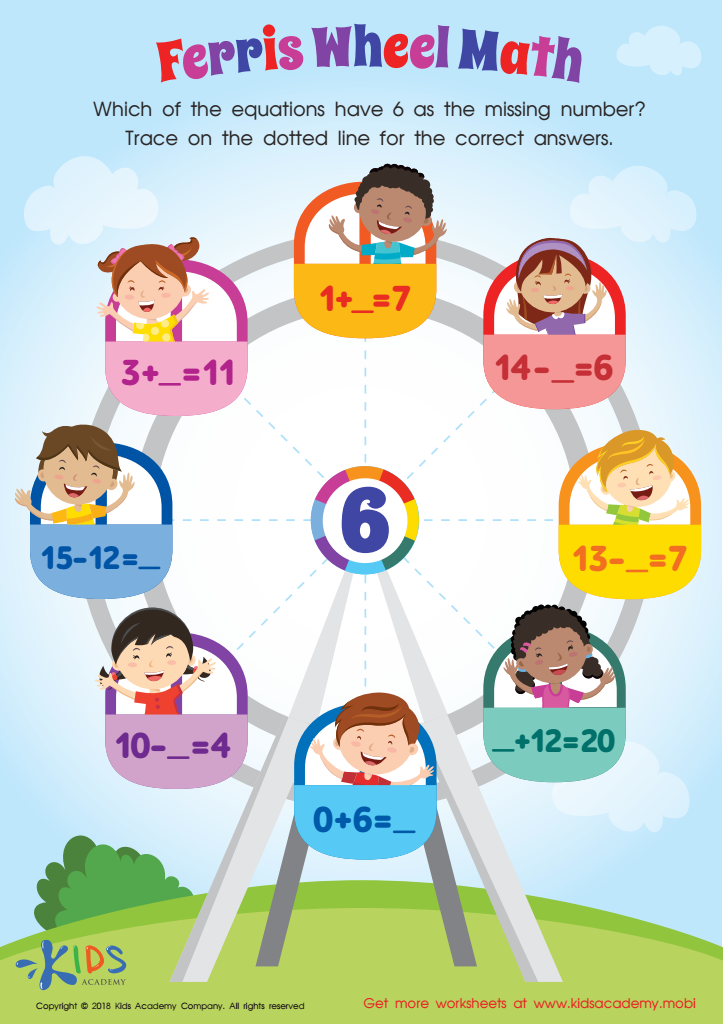

Missing Number: Ferris Wheel Math Worksheet
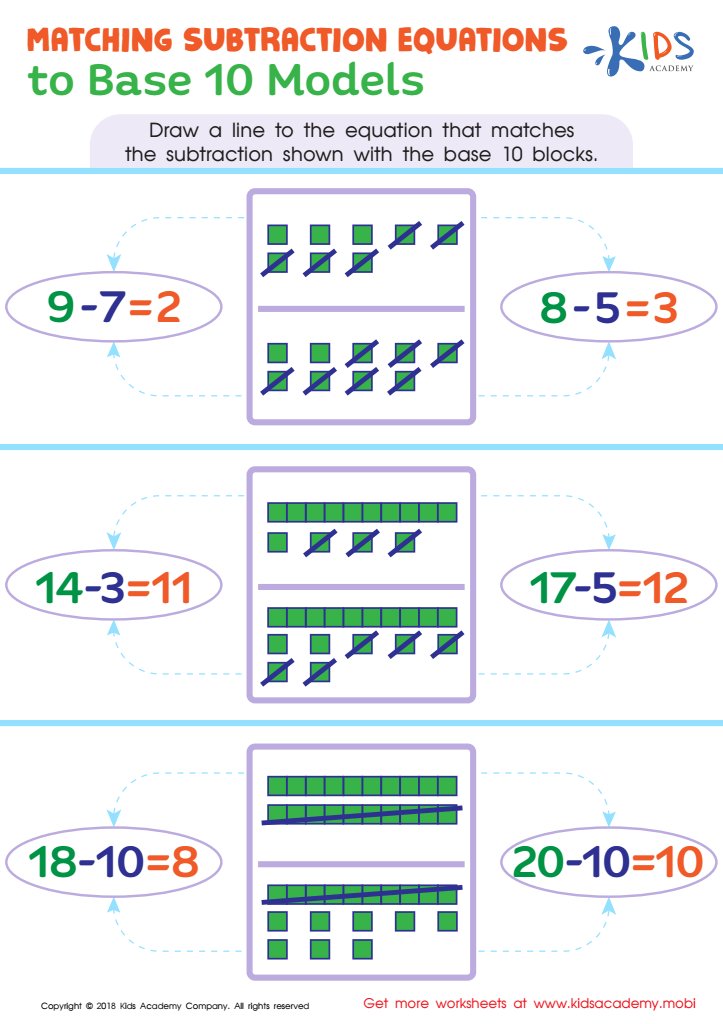

Matching Subtraction Equations To Base 10 Models Worksheet
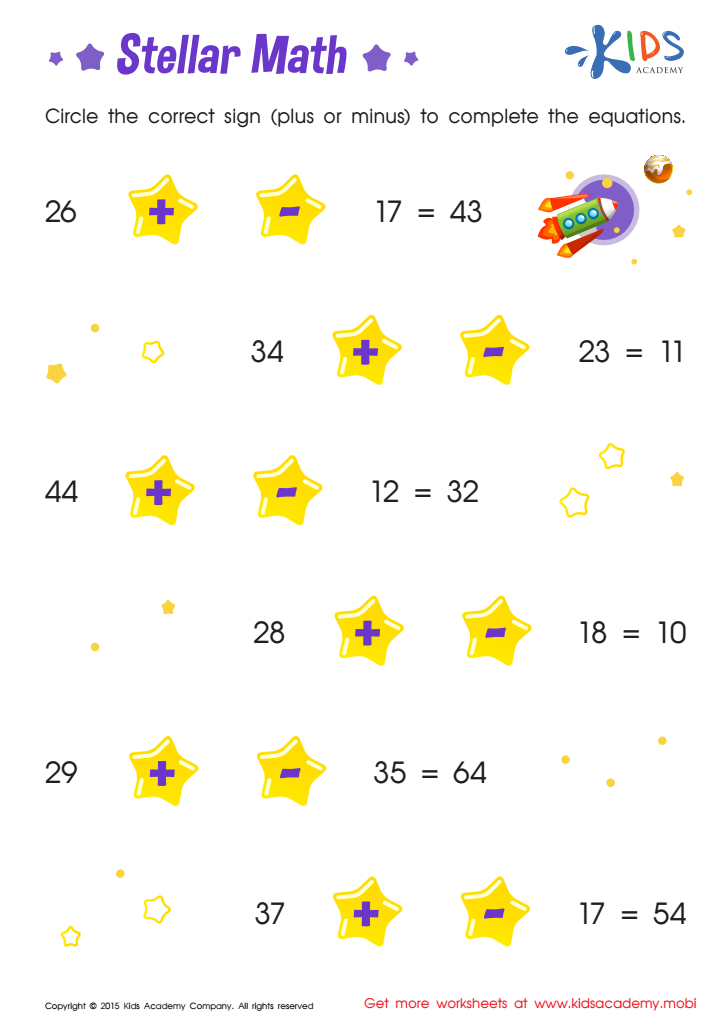

Stellar Math Substraction Worksheet
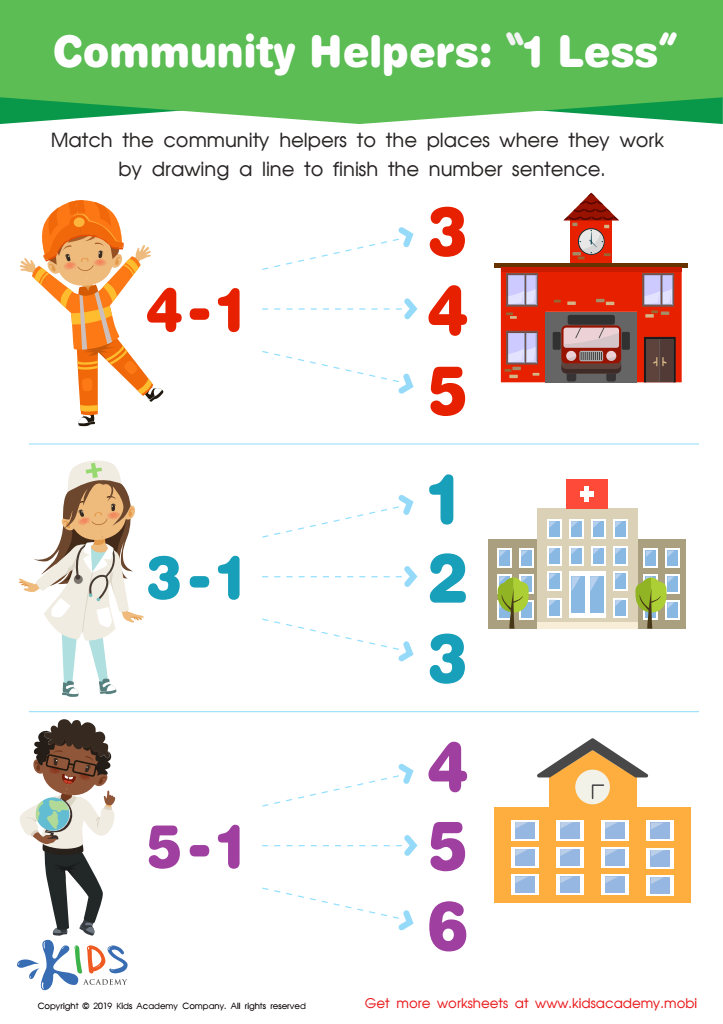

Community Helpers: 1 less Worksheet
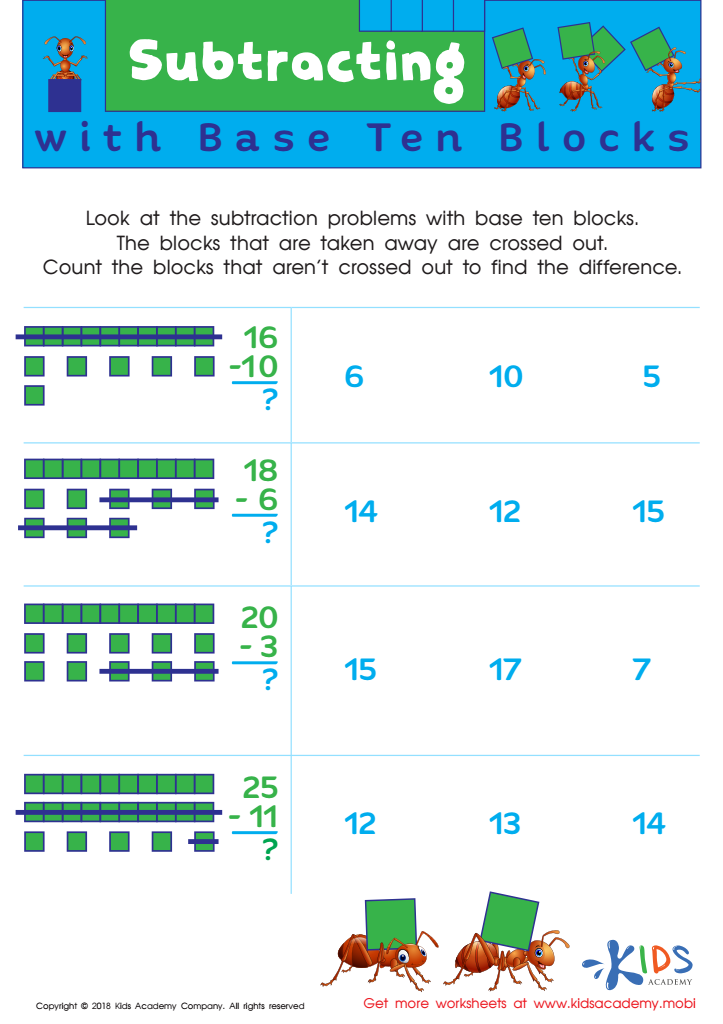

Subtracting with Base Blocks Worksheet
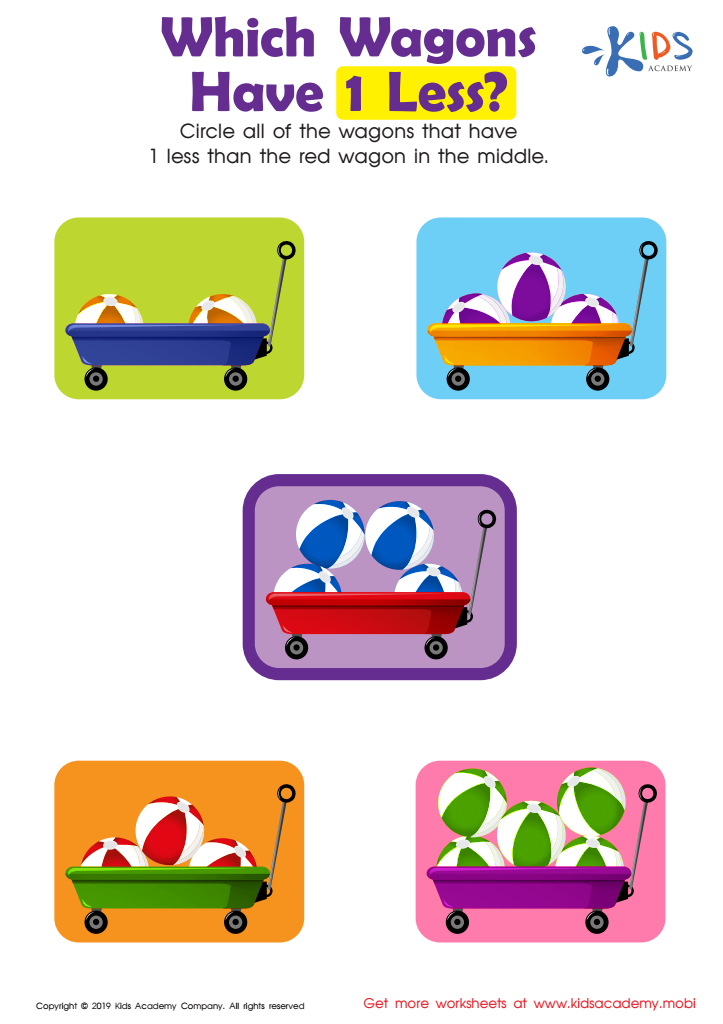

Which Wagons Have 1 Less? Worksheet
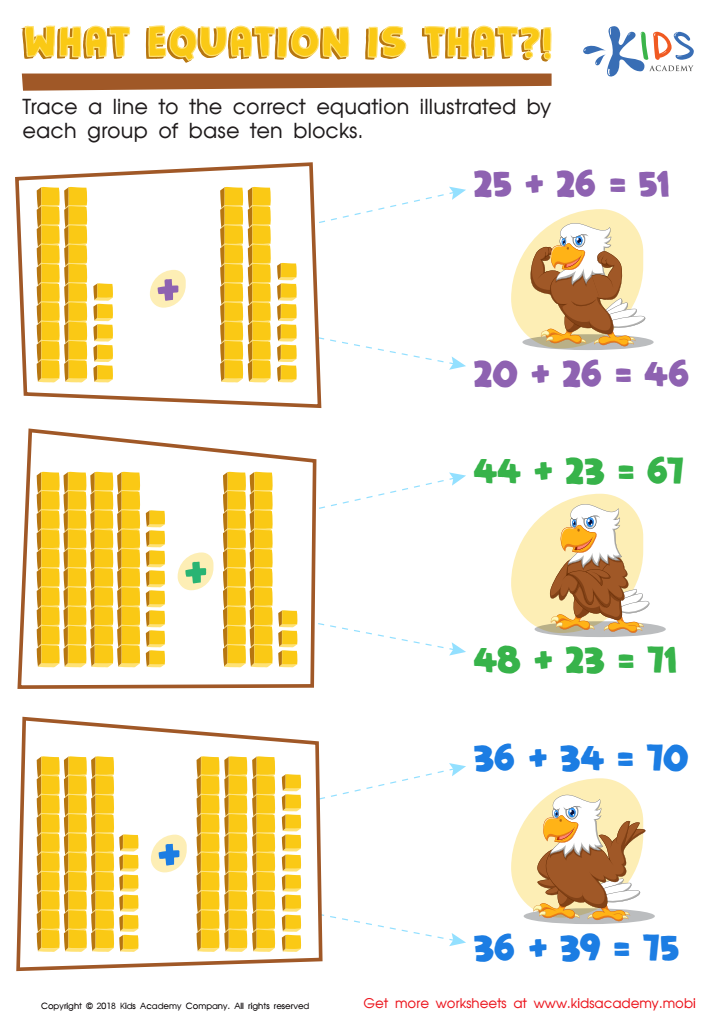

What Equation Is That? Worksheet
Understanding subtraction at an early age, from 4-6 years old, is crucial for several reasons. Firstly, it forms the foundation for future mathematical learning and problem-solving skills. Subtraction is more than simple number manipulation; it helps children develop critical thinking, pattern recognition, and logical reasoning that apply in many everyday situations. When children grasp basic subtraction concepts early, they are better prepared for more complex math in higher grades.
For parents and teachers, promoting subtraction understanding ensures that children do not fall behind in math, a subject often cumulative in nature. Struggling with early math concepts can lead to frustration, anxiety, and even a dislike for the subject later on. By emphasizing subtraction early, adults can nurture a positive and confident attitude toward math.
Additionally, subtraction helps develop essential life skills like decision making and risk assessment. Real-world applications, such as understanding change during transactions or dividing toys among friends, make learning practical and engaging. Incorporating games and engaging activities makes this learning enjoyable, reinforcing the concept through play.
Overall, early mastery of subtraction equips children with essential skills, fostering their overall cognitive development and setting them up for future academic success. By valuing this aspect of early education, parents and teachers play a vital role in their children’s holistic growth.
 Assign to My Students
Assign to My Students








